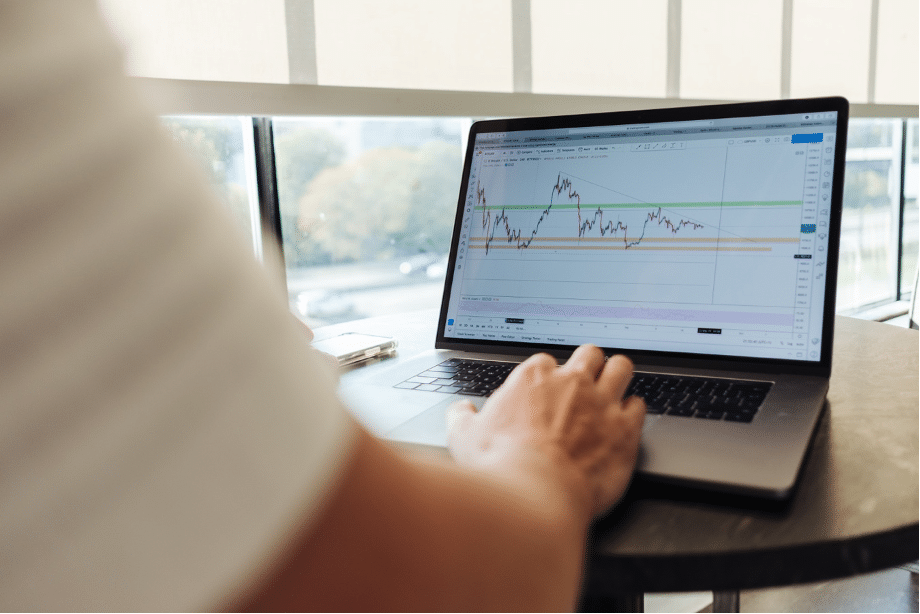Individual traders, also known as the “retail” segment of the stock market, have been participating more in the financial markets as millions of people deemed investing as a potentially entertaining and rewarding activity during the pandemic.
In the United States alone, estimates point to retail investors accounting for at least a fifth of the daily trading volume of individual stocks while the latest short-squeezing frenzythat took place in February-March 2021 emphasized the extent of the impact that a now more prominently present group of individual investors could have in the price of a group of stocks.
That said, has a similar situation happened in the United Kingdom as well? Or is this a US-only thing?
In the following article, we take a look at the factors driving the retail trading boom in the United States while also assessing some trading statistics from the United Kingdom to see if the situation is similar or entirely different in the UK market.
Factors driving the US retail trading boom

One of the first variables driving an increase in the participation of retail investors in the financial markets is a reduction in trading costs. In this regard, platforms like eToro and Robinhood have pioneered this movement and, since the UK is among the list of eToro supported countries, British traders have also been able to benefit from this trend.
Moreover, the combination of government stimulus checks along with the increasing popularity of stock trading and investing in social media prompted millions of people to turn to the stock market with the expectation of multiplying those funds to a point that they become what some people have deemed as “life-changing gains”.
One of the markets that has attracted the interest of retail investors is the cryptocurrency market as reflected by the price of Bitcoin (BTC), which surged from an average of $10,000 per coin before the pandemic to an all-time high of more than $60,000 amid an increasing participation of both retail and institutional traders during the pandemic.
Meanwhile, in 2021, one of the strangest phenomenons that have emerged in the financial markets is the appearance of the so-called “meme stocks”, which are individual stocks that have attracted the interest of retail traders who spent their time sharing ideas in the popular Reddit messaging board Wall Street Bets.
This messaging board became a place where investors discussed their investment theses on multiple individual issues and back in February many posts that emphasized the possibility of performing a short-squeeze on a small group of stocks started to come up, including those of the global movie theater chain AMC Entertainment (AMC) and the used video game retail store chain GameStop (GME) – both of which were heavily shorted by institutional participants.
A successful short-squeeze took place with both names, and with many others for that purpose, and the investment landscape seems to have changed since then as now these “meme stocks” have become a recurring topic of conversation even in mainstream media talk shows due to the large gains that some investors have realized by trading these stocks while the move also inflicted some pain to the institutional funds that were betting against these companies.
As a result of this social phenomenon, retail investors have grown bolder, more knowledgeable, and perhaps even wealthier, and they now identify themselves as a paradigm-disrupting movement that is tipping Wall Street’s balance to help ‘the little guy’.
Is the UK stock market seeing a similar trend?
During the pandemic, the number of retail accounts in the United Kingdom seems to have grown as indicated by the performance of firms that provide brokerage services within the country like Hargreaves Lansdown.
In 2020 alone, the company reportedly added a total of 188,000 clients to its platform– a number that far exceed the average for the four preceding years while other statistics point to 20% of the total volume of FTSE All Shares orders being traced back to retail accounts during the first six months of 2020.
Even though the short-squeezing frenzy seems to be a US thing, the participation of retail investors in the UK does seem to have accelerated last year, although perhaps not to the extent seen in the United States.
Moving forward, experts are expecting to see a drop in retail trading volumes in the UK as this activity may no longer captivate the attention of people once other more traditional forms of entertainment become available once the pandemic situation ceases.
